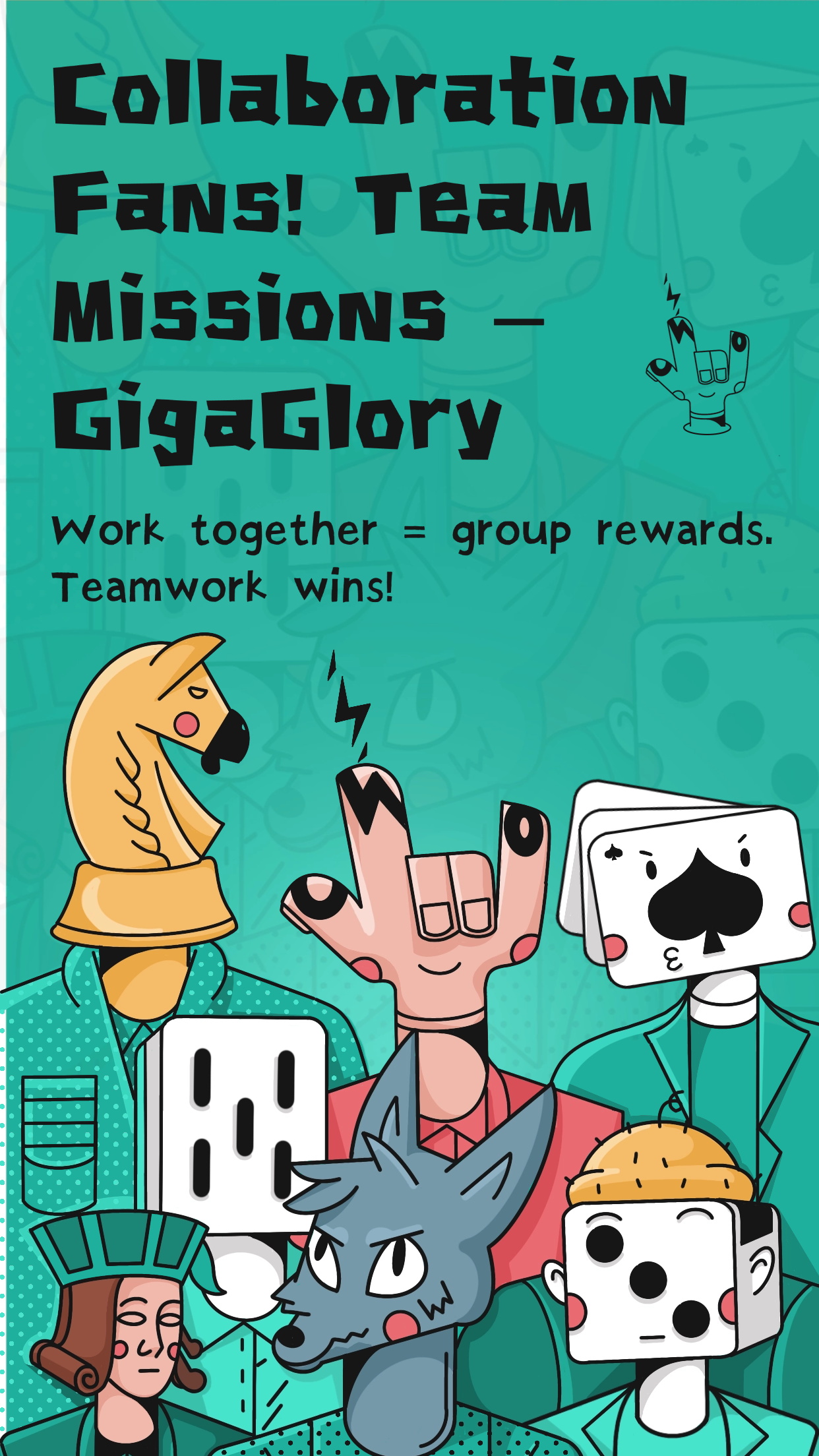Unlocking Learning: How Puzzle Games Serve as Effective Educational Tools for Kids
In today's digital era, children are increasingly exposed to various forms of entertainment and education. Among these, puzzle games have emerged as a powerful tool for fostering learning. But how exactly do these interactive games function as educational aids? Let’s explore the effectiveness of puzzle games in children’s education.
The Allure of Puzzle Games
Puzzle games are designed to engage children cognitively while offering fun. They require problem-solving skills, logical reasoning, and critical thinking. Whether it's matching shapes, solving jigsaw puzzles, or playing word games, these activities encourage children to think outside the box. The enchanting world of puzzles captivates children’s imaginations, making learning feel like play.
Benefits of Integrating Puzzle Games in Education
The integration of educational games into learning environments offers a variety of benefits:
- Enhanced Cognitive Skills: Kids develop essential skills such as pattern recognition, memory, and analytical thinking.
- Improved Concentration: Puzzle games require focus, helping children improve their attention spans.
- Encouragement of Collaboration: Many puzzle games promote teamwork, enabling kids to work together to solve challenges.
- Immediate Feedback: Players receive instant feedback, allowing them to learn from their mistakes.
Puzzle Games in Practical Settings
Puzzle games can be utilized in various educational settings, from traditional classrooms to informal learning environments. Incorporating these games can help keep students engaged and interested. For instance, teachers can use platforms like EA Sports FC 25 to introduce new teams while incorporating strategic puzzle elements.
Table: Comparison of Popular Puzzle Games and Their Educational Benefits
| Game Title | Cognitive Skills Developed | Age Group |
|---|---|---|
| Cut the Rope | Problem Solving, Logical Thinking | 5+ |
| Portal 2 | Spatial Awareness, Critical Thinking | 10+ |
| Sudoku | Memory, Logical Reasoning | All Ages |
Puzzle Games Beyond Academics
Interestingly, puzzle games can teach life skills beyond academics. They can help children learn about perseverance, patience, and teamwork. As children encounter obstacles in puzzle games, they learn that getting through tough challenges is part of the process. This realization can translate into real-world experiences and improve a child's overall resilience.
Conclusion
In conclusion, puzzle games are not merely entertainment; they are potent educational tools that enhance cognitive abilities and teach valuable life lessons. By incorporating puzzle games into educational strategies, parents and educators can unlock a world of learning potential for children. The blend of fun and education through puzzle games creates a rich landscape for effective learning.



